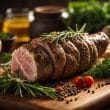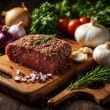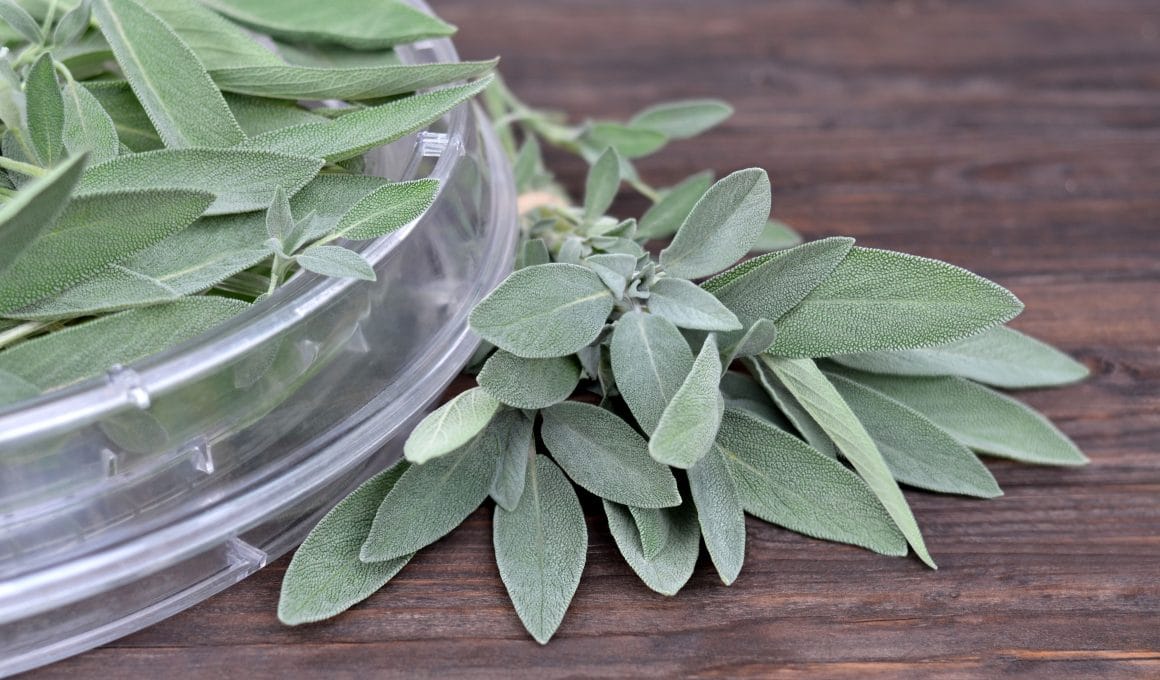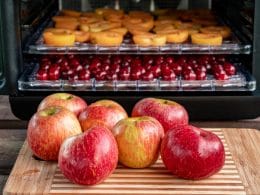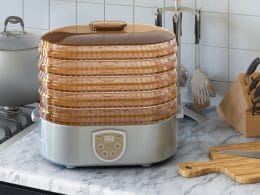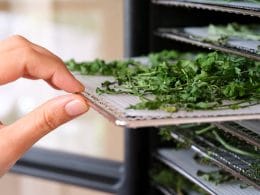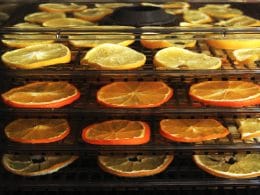There are foods you don’t dehydrate for different reasons such as to prevent denaturation, destruction of vitamins or mineral contents and so on. Some of these foods are:
- Avocados are delicious and ladened with essential nutrients which may not stand drying.
- Soda, juices and water
- Store purchased condiments
- Fatty meats
- Butter
- Milk
- Eggs
How should you prepare food before dehydrating?
Generally speaking, if you eat raw, there is little or no reason to pre-cook the food before drying it. Vegetable foods like corn, broccoli and celery require blanching before any dehydration. Blanching is the cooking of any food item in boiling water before putting it in a cold one.
Which is better between a dehydrator and an oven?
The major difference between a dehydrator and an oven is that a dehydrator enables you to dry your food without necessarily tying up your oven for hours on end. This means that you can both cook and dry food at the same time. Secondly, a dehydrator is also more energy-efficient than an oven even when used for the same purposes. Simply spread your food on the drying trays in a single layer before you set the dryer thermostat to about 140 degrees Fahrenheit, and that’s simply it.
How do you know when dehydration is completed?
The simplest means of checking for the doneness of food in a dehydrator is by testing the food. In the case of fruits and veggies, they will feel completely dry to the touch. If the food feels dry to the touch, you can be certain dehydration has been completed and is thus ready for storage for a few weeks or even months.
What are some of the advantages of dehydration?
It is by far easier for death to occur out of thirst than hunger. One can live for a few days or even a whole week without the intake of food of any kind, but you can’t survive for nearly half that long without water. Prolonged or chronic dehydration causes dizziness, reduction in kidney functions and also contributes in the onset of other diseases such as diabetes, and in extreme cases even death.
Can you dehydrate at 170 degrees?
There is the constant need to always watch the temperatures at which you dehydrate, because if you don’t do so, you may end up cooking the food instead of drying it. So, watch the temperatures of drying carefully. Of course, it is common practice for people to use their ovens in drying food instead of dehydrators, provided these ovens can be maintained at temperatures of less than 200 degrees Celsius.
To effectively dry any food, cut off any blemishes and bruises on the food and you’re good for it. You can also pre-heat the oven at the lowest possible temperature of about 140 degrees first. Even if your oven can’t go as low as that, you still can dehydrate effectively at a temperature of 170 degrees Celcius.



